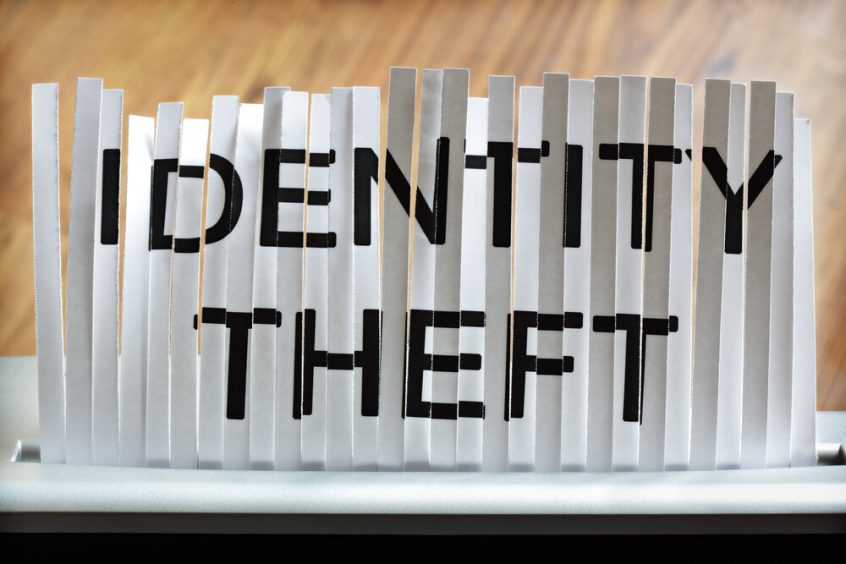This article was published Sept 20, 2016. The information may no longer be relevant.
According to the U.S. Federal Trade Commission, seniors are among the highest groups at risk for identity theft. Unfortunately, one of Choice Homecare Ottawa’s client was a recent victim. Even the best identity theft protection service can’t stop ID theft from occurring. Rather, investing in a quality provider offers education and proper preparation in the event that suspicious activity occurs. As with any crime, prevention is the smartest and most effective method to minimize the threat.
The following are important actions that you should take:
Self-monitor your credit.
Doing so will allow you to notice problems and fix them before they get worse. Check your credit reports on Equifax Canada and Transunion Canada at least once a year.
Take immediate action if you lose your wallet or notice unusual financial activities.
Should your wallet be stolen or you get notified of any suspicious activity on your credit card, ask your bank to place a temporary alert on your credit activities. Examine your mail carefully. Check your medical statements, utility bills, and credit card statements to make sure there are no charges you don’t recognize. If for any reason you stop receiving mail regularly from a bank or utility company, contact the business to see if any change has been made to your address.
Give yourself a background check.
Occasionally running a personal background check can help you find any mistaken charges and allow you to contact authorities without additional damage to your record.
Consider investing in identity theft insurance.
This covers costs associated with recovering your identity. Often, home and renter’s insurance policies have this as an add-on benefit!
Practice identity hygiene at home
-
Protect documents and sensitive information like your Social Insurance Number, passport, driver’s license, or medical ID cards.
-
Create strong passwords and avoid using answers to security questions that easily answered with a Google search. Consider using an online password manager to create, strengthen, and keep your passwords all in one place.
-
Avoid clicking on links you don’t recognize in emails or a website — doing so can be giving permission to identity thieves to access your files.
-
Don’t enter personal info on a website unless you are sure it’s a site you trust. If a financial website asks you to authenticate yourself by verifying any portion of your Social Insurance Number, make sure it’s a site you trust and one that is protected by the Canadian Deposit Insurance Corporation (CDIC).
-
Utilize your smart phone’s security features, such as using a complicated PIN number and performing remote data wiping in the event that your phone is stolen. Make sure to backup your information in the cloud if you do enable this feature.
Theft Protection Services
Another important step to safeguard yourself from identity theft is to make use of identity theft protection services. There are several programs that can help by actively monitoring your financial information or sending you a regular update on your credit score, allowing you to be immediately alerted and provide time to resolve the problem.
The folks from The Simple Dollar in the U.S. have reviewed some these services, and they recommend two that are available in Canada.
The Best Identity Theft Protection Services Available in Canada
-
Identity Guard Canada (https://www.identityguard.ca)— In addition to providing you with up to $2,000 in emergency cash in the event that your identity gets stolen, Identity Guard also comes with handy software to keep data on your computer safe
-
ID Shield (https://www.idshield.ca)— With many low-cost plan options and 24-hour emergency support, ID Shield is an effective way to protect your personal information and keep documents organized and accessible
When considering how best to defend against identity theft, refer to this guide from The Simple Dollar, which provides more information for what to look for in a provider, as well as other tips to stay protected. Don’t wait until it is too late when it comes to protecting your finances!
The content of this blog is based on information from The Simple Dollar (https://www.thesimpledollar.com)


